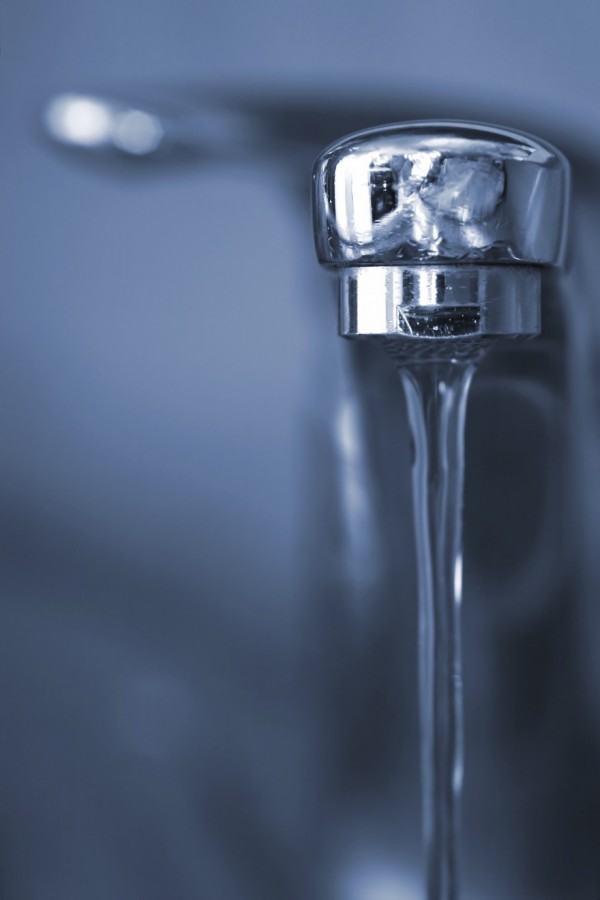
Sunday marked the 21st annual World Water Day – a day to reflect on the value of a resource often easy for those of us fortunate enough to be in a water rich environment to take for granted. News media and social networks were abuzz with coverage of this event and the importance of water. Take a moment to browse some of the great coverage out there by searching on #WaterIs in Twitter.
I ran across a simple blog sharing some compelling statistics about freshwater: 36 eye-opening facts about water. The piece is a good reminder of how good we have it, how important water is to protect, and how we all might be better stewards.
Some of the 36 that jumped out at me?
“10. More than one-quarter of all bottled water comes from a municipal water supply – the same place that tap water comes from.” Break the bottled water habit. In our area tap water is clean and safe. Even tasty. In fact, for Ann Arbor water customers, A2 water frequently wins the regional Michigan Water Tasting Competition (yes, this is a thing).
And then there are these; “24. On average, an American resident uses about 100 gallons of water per day. 25. On average, a European resident uses about 50 gallons of water per day. 26. On average, a resident of sub-Saharan Africa uses 2 to 5 gallons of water per day.” Each of us can do better. Small actions can help us achieve more efficient use of water.
For example, “33. It takes 3,962 gallons of water to produce 2.2 pounds of beef.” Eating less meat can dramatically reduce your water footprint. Also, “14. A running toilet can waste up to 200 gallons of water each day.” Simply maintaining our plumbing is another habit we can get into to reduce water use that doesn’t even touch the water you actually use in a day. It just cuts back on the waste.
And finally, “11. Approximately 400 billion gallons of water are used in the United States per day; nearly half of that is used for thermoelectric power generation.” By reducing your energy use, you are conserving water as well (and reducing your carbon footprint too!).
You don’t have to look far to find stories about the devastation caused by water scarcity or the consequences of spreading a finite resource too thin. The extreme drought in the Western United States shows we are not immune to the impacts of a lack of water. So, take a moment to reflect on everything water provides and how you can do your part to tread lightly on this vital resource. And next time you set eyes upon the Huron River let her know how much you appreciate what she does for you.



